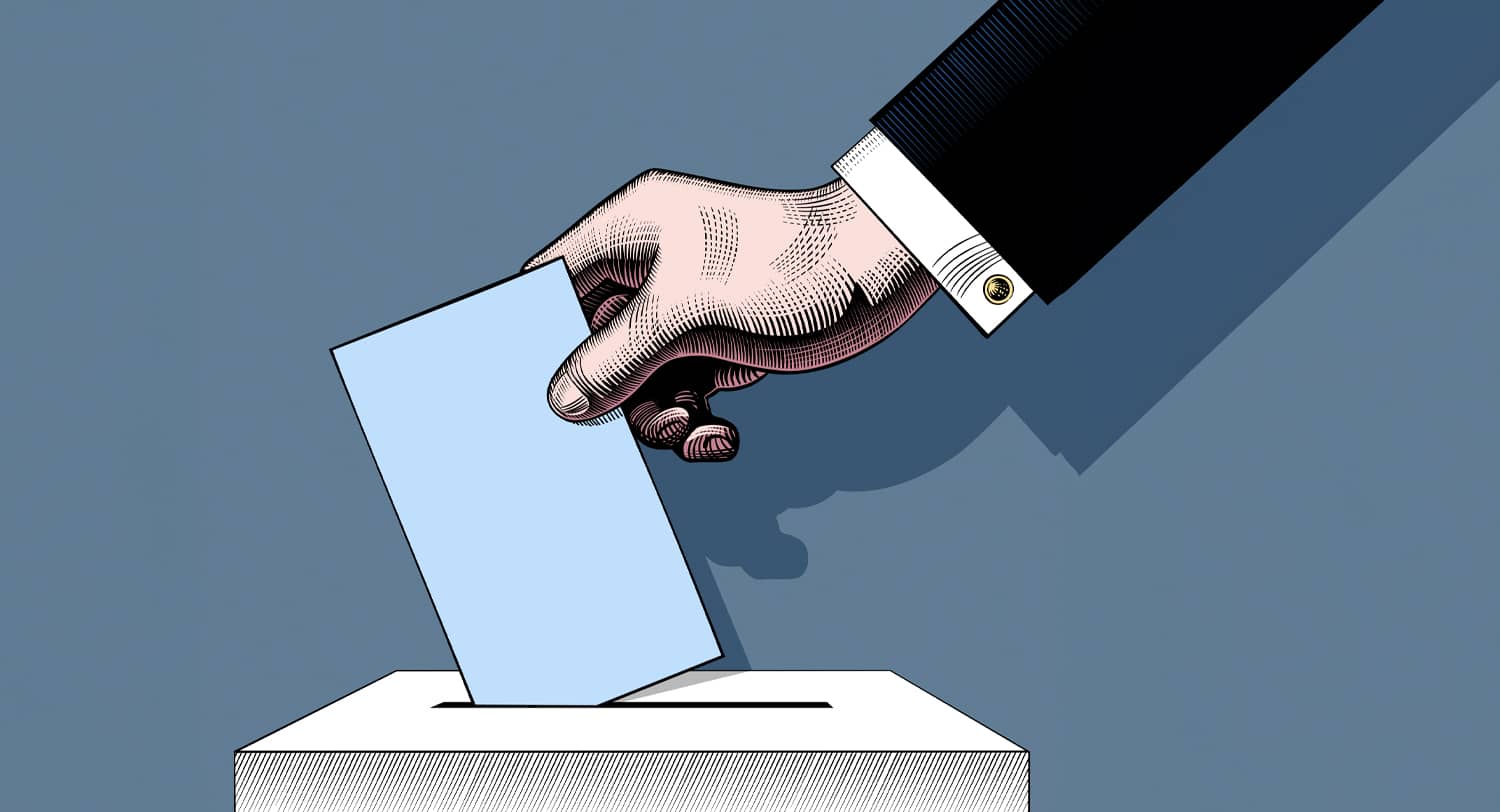Across Europe, anti-establishment parties are winning stunning upsets, leaving center and center-left parties scrambling to forge alliances to avoid total political irrelevance.
In most of the 27 member countries of the EU, the early June elections for the European Parliament resulted in a large and historic victory for parties hostile to the status quo. In France, the National Rally, led by Jordan Bardella, garnered over 34 percent of the votes, far ahead of the party of President Emmanuel Macron, which won barely 20 percent.
The same scenario unfolded in Germany, Austria and the Netherlands. The anti-European Union right seized nearly a quarter of the 720 seats in the European Parliament in June.
Rising prices and increasing regulatory burdens on fuel and power generation have mobilized millions at the expense of the status quo parties. France is torn between a largely fragmented left, with competing strongholds in the bureaucracy, the courts and the large cities, and an ascendant right, which commands majorities in rural areas and hurting industrial centers. The far-right has managed to normalize itself, gain credibility, and now impose itself.
The result is a revolt of the middle classes. Hit hard by inflation, excluded from aid programs aimed at the most poor and newest arrivals, and without prospects for social advancement, the middle classes in Europe are turning to the right and far-right, which have focused on the roots of their suffering.
Rising violent crime – making some mid-size European cities truly dangerous for the first time in generations—is a salient issue, exploited by the right.
Globalization plays a role, too. Former colonies now offer lower wages and lighter regulations to lure manufacturers, drawing jobs away from France, Germany and the Low Countries.
Quick fixes, such as all center and center-left parties forging an alliance, are unlikely to succeed. Voters demand solutions to the problems of higher food and fuel prices, crime, unemployment and stagnant wages. By tapping into these core issues, the young leader of the National Rally, Jordan Bardella, gave his party more than one-third of the national vote and a real mandate to lead France.
In the United States, the presidential election between President Joe Biden and former President Donald Trump will take place in four months – and the country seems more divided than ever. Republicans claim that Democrats are too weak on the border, while Democrats push for the restoration of abortion rights and fight for stricter gun laws.
The world watches America with concern. America cannot afford to navel-gaze and let internal political strife and competition distract it from its global responsibilities. So far, the United States has overcome all crises, wars, rebellions, and divisions because its institutions have held firm.
America must restore trust in and transparency of its public institutions. James Madison wrote in Federalist No. 37: “Energy in government is essential to that security against external and internal dangers, and to that prompt and salutary execution of the law, which enter into the very definition of good government.”
America must restore trust in its institutions, just as it did after the Civil War, the Great Depression, the civil rights struggle of the 1960s, and the 2008 financial crisis. That includes modernizing their processes (along the lines of Estonia’s “e-government” initiative which puts every government permit and filing onto the Internet, automating approvals in some cases and speedily communicating in all cases). It also means improving accountability among public servants, whose decisions must be seen as fair and transparent.
With the world’s largest economy and military, America will be tempted to put aside the challenges, arguments and compromises that come with reform and modernization. The temptation must be avoided.
Dangers are menacing America and her allies at every flashpoint on the map. China is putting into the water the world’s largest blue-ocean navy. It allied with Russia to jointly dominate the Eurasian land mass, launched space probes to the far side of the moon, and enlarged its vast arms industries. Russia is gaining ground in Ukraine. Iran’s drones menace both Ukraine and Israel. Tehran has armed proxy forces on nearly every land border with Israel. Israel has moved from historic peace agreements with its Arab neighbors to a two-front war with Iran-backed terror groups in just four years. Australia, Taiwan, Japan, and South Korea are rapidly re-arming, as they see war heading their way.
America must restore itself, not just for its own sake, but for the world’s. Inaction only gives a brief respite, followed by a raging tsunami that flattens all in its way. Reforming its institutions now will present an orderly path in a chaotic world.

